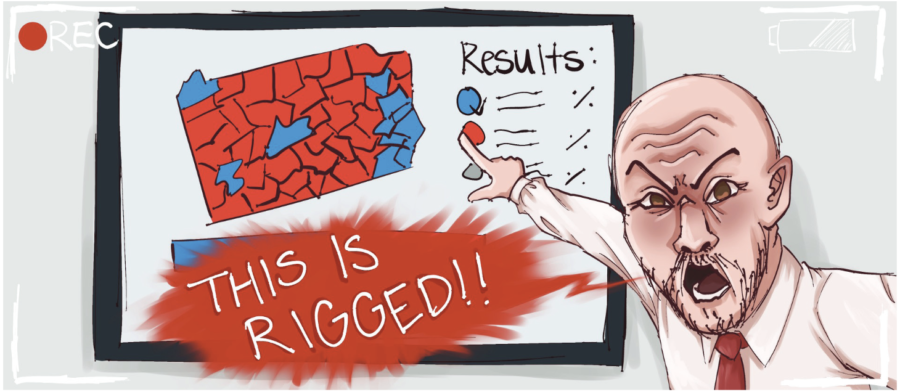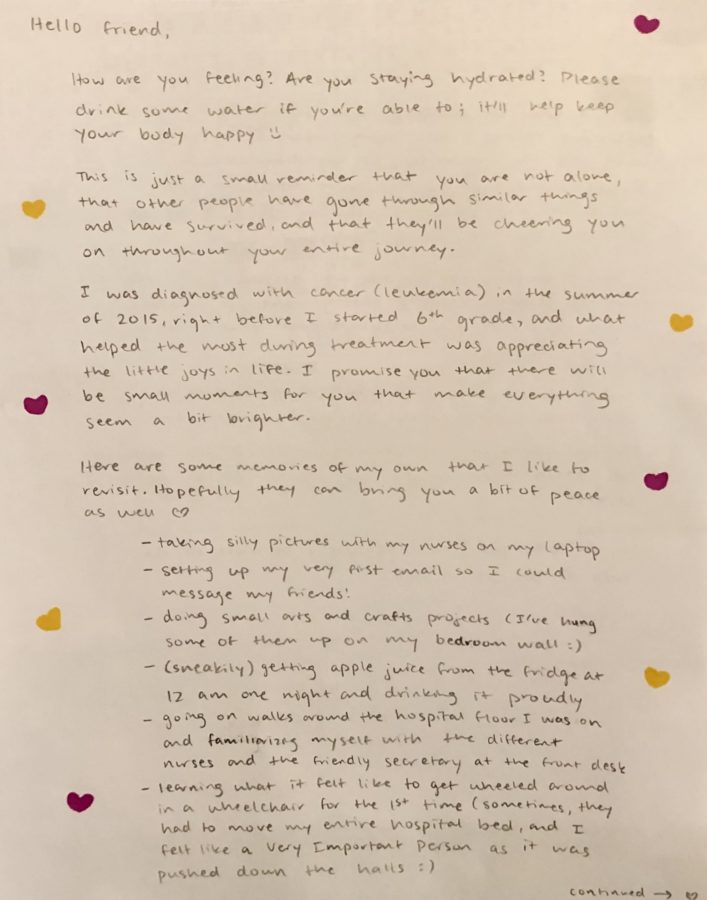The Spoke Editorial Board voted unanimously 14-0n in favor of this article.
Protestors continue to march in the streets, fighting for human rights. The New York Times reports over 100 new COVID-19 cases every day in Chester County alone. We spend 32 hours a week, minimum, in front of a computer screen for online school. Everyone is stressed, and these are truly troubling times; mandatory homework only adds to that trouble.
Now, more than ever, we need voluntary homework.
Most homework is busywork: assignments that occupy students’ time without providing real educational value. Unfortunately, that busywork serves only to eat up hours of the day, stealing us away from other noble pursuits like after-school sports, extracurriculars, jobs, family time, free time and sleep.
A 2014 survey of K-12 teachers across the nation conducted by the University of Phoenix found that high school teachers assign, on average, what accumulates to as much as 17.5 hours of homework a week. That’s as much homework as a part-time job!
Let’s do the math: 32 hours of online school plus 17.5 hours of homework plus 56 hours of recommended sleep plus 7 hours eating is 112.5 hours gone per week. There are only 168 hours in a week, which leaves only 55.5 hours free at all every week. Now, let’s assume our hypothetical student is also a student-athlete who has practice several hours a week and attends a variety of clubs. Maybe our student has to study for upcoming tests or work on a project as well as violin lessons or volunteer work. The hours stack up quickly, and this hypothetical doesn’t even factor in family time and free time.
High schoolers aren’t robots. We need time for ourselves and for our passions and for sleeping and eating and spending with our friends and family. Having a part-time job’s worth of homework every week does not make for a happy high schooler.
Not to mention, mandatory homework may be unnecessary for students that already understand a topic. At best, it is redundant. At worst, it is a breeding ground for resentment, killing a student’s passion for self-directed learning. At worst, it is a source of stress. At worst, it is a drain on a student’s already-fragile mental health.
And if, like we are always told, school is truly meant to “prepare us for the real world,” then voluntary homework is the way to go.
For one, it teaches students accountability. We’re high schoolers. We can and should learn to grow up. If I fail a course because I didn’t do the homework that would have helped me understand a concept, that’s on me. Optional homework provides the truest test of academic integrity, something that we are taught to place so much value in at ’Stoga.
For another, voluntary homework allows students to get an actual taste of the real world. Mandatory homework is not a suitable substitute for real-world responsibility. When you get a job, you won’t have mandatory daily checks, you are simply expected to complete tasks and to fulfill the responsibilities that you took on when you were hired. Optional homework teaches students to do work not because of some imminent deadline but because otherwise, they will face other real-world consequences, like failure (in the case of school) or being fired (in the case of a job). It helps to enforce actual, healthy study habits that aren’t simply rooted in a fear of deadlines.
Optional homework also provides students with a safety net for their grades. By making homework both optional and extra credit, students who are willing to put in the time anyways will get extra padding for their grades without harming students who simply don’t need or don’t have time to do the extra work.
But, above all, making homework voluntary allows students to take their lives in stride instead of spending every waking moment mired in school. Let’s not forget: high schoolers are still people. We have hobbies, passions and friends. We have lives that we want to live, things that we want to spend time doing, people that we want to spend time talking to. We can’t spend our whole lives doing schoolwork, or we’ll lose what allows us to be people.
That’s not to say that making homework voluntary will solve everything, but it will relieve some of the trouble in these times, and I’d say, that is a good enough reason in and of itself.



























































































